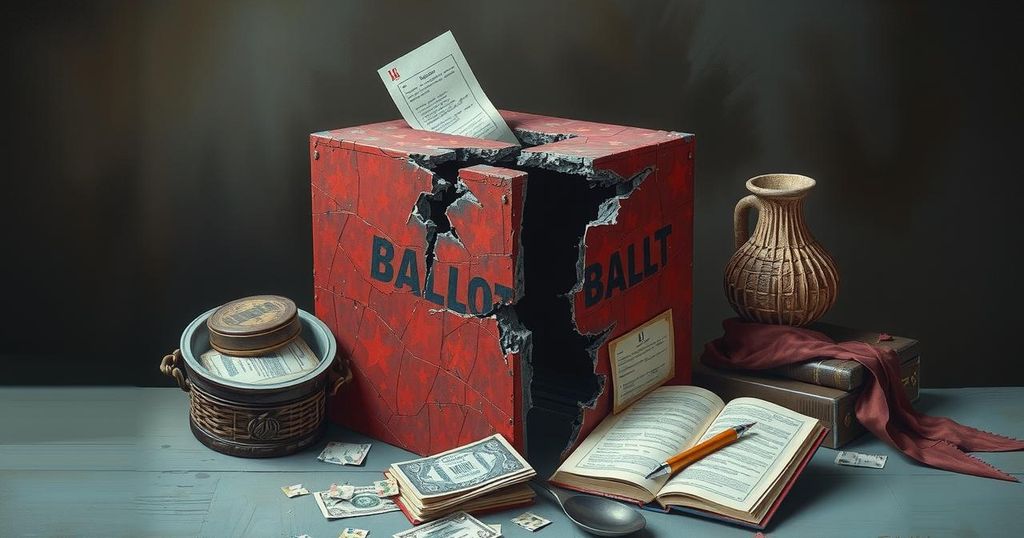Botswana Faces Democratic Erosion: Women’s Political Participation Declines

Botswana’s democracy faces severe challenges regarding women’s political participation, as reported by Gender Links. After the recent elections, women’s representation in parliament dropped to 8.7%, the lowest in the SADC region. The report indicates a troubling decline in local representation and highlights media bias against women. Although there were more female candidates for the 2024 elections, the increase did not lead to greater success in securing seats.
Botswana, known for its stable democracy in Sub Saharan Africa, is currently experiencing “democratic erosion” in terms of women’s political participation, as indicated by a recent Gender Links report. While the new government following the Umbrella for Democratic Change’s (UDC) victory was celebrated, the report reveals a troubling decline in women’s representation in political decision-making.
The findings highlight a significant setback for gender equality, with only three out of 28 women successfully contesting for National Assembly seats. Consequently, women’s parliamentary representation has plummeted to 8.7%, marking the lowest in the Southern African Development Community (SADC). Despite global efforts to enhance women’s political participation, Botswana’s standing is concerning.
At the local government level, representation from women has deteriorated to 15%, though there has been a slight increase in women’s cabinet positions, rising from 17% to 22%. This shift reflects some commitment from the new government to address these disparities, although the overall picture remains bleak. The report emphasizes that there have been more losses than gains in women’s political representation during the 2024 elections.
Gender Links has been conducting this gender audit under the Enhancing the Inclusion of Women in Political Participation project, which trained over 100 women politicians from various political parties. Although more women candidates emerged than in 2019, the additional candidates did not lead to increased representation in Parliament.
The media also plays a critical role, with a report indicating that women constituted only 4% of news sources in election coverage, further silencing their perspectives in political discourse. Colleen Lowe Morna, a representative from Gender Links, remarked on the unprecedented nature of these findings, underscoring the urgent need to address gender biases in media representation.
In conclusion, Botswana’s democratic landscape is experiencing a significant setback in women’s political representation, as highlighted by the latest Gender Links report. Despite some improvements, such as a slight increase in women in cabinet positions, overall participation remains critically low, failing to reflect the nation’s democratic values. The underrepresentation of women in both governance and media further exacerbates this issue, emphasizing the need for concerted efforts to promote gender equality in political spheres.
Original Source: allafrica.com







